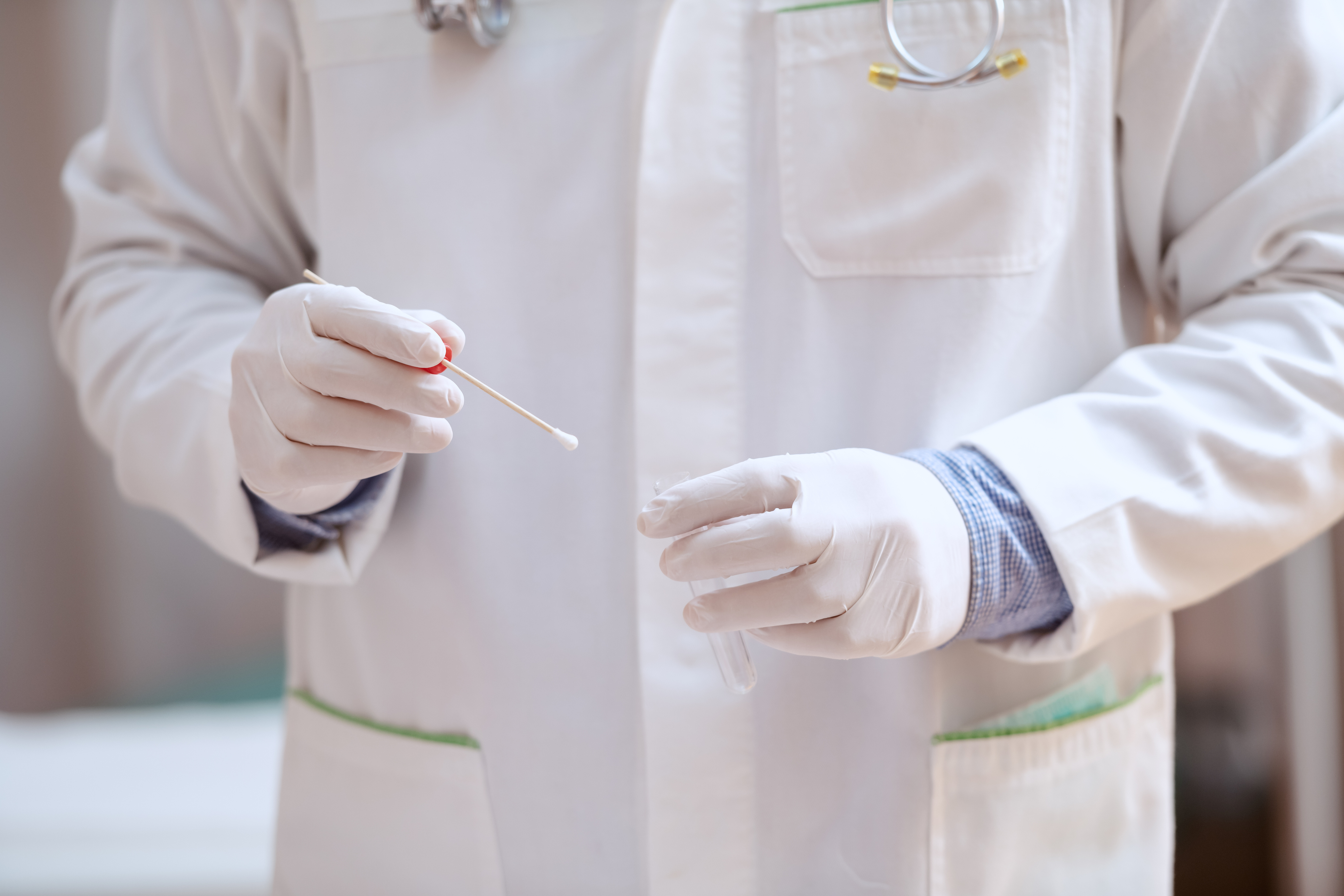Senior Doctors Call for Crackdown on Home Genetic Testing Kits
By Hannah Devlin,
The Guardian
| 07. 21. 2019
False results have told women they have mutations linked to breast and ovarian cancer.
Senior doctors have called for a crackdown on consumer genetic tests, following an influx of patients who have been wrongly told they are carrying dangerous mutations linked to cancer or other devastating conditions.
Women have been incorrectly informed by companies that they have faulty BRCA genes, which convey a high risk of breast and ovarian cancers. One patient was scheduled for preventive breast-removal surgery after a consumer genetic test suggested she had a BRCA mutation. The surgery was called off at the last moment when an NHS laboratory revealed the result to be a false positive.
Doctors warn that the issue is placing an increasing burden on GP surgeries and NHS genetics clinics, which are left to deal with the fallout when people receive alarming or confusing results.
“The NHS is incredibly irritated by these results because [in the case of BRCA] they’re more often wrong than right,” said Prof Anneke Lucassen, a clinical geneticist at Southampton University and chair of the British Society for Genetic Medicine. Lucassen said it was “terrifying” that one of her patients – and possibly...
Related Articles
By Scott Solomon, The MIT Press Reader | 02.12.2026
Chris Mason is a man in a hurry.
“Sometimes walking from the subway to the lab takes too long, so I’ll start running,” he told me over breakfast at a bistro near his home in Brooklyn on a crisp...
By Katrina Miller, The New York TImes | 02.05.2026
Joseph Yracheta: The Native Biodata Consortium is the first nonprofit data and sample repository within the geographic bounds and legal jurisdiction of an American Indian nation, on the Cheyenne River Sioux Reservation in Eagle Butte, S.D.
NativeBio participated in a ...
By David Jensen, California Stem Cell Report | 02.10.2026
Touchy issues involving accusations that California’s $12 billion gene and stem cell research agency is pushing aside “good science” in favor of new priorities and preferences will be aired again in late March at a public meeting in Sacramento.
The...
By Lauren Hammer Breslow and Vanessa Smith, Bill of Health | 01.28.2026
On Jan. 24, 2026, the New York Times reported that DNA sequences contributed by children and families to support a federal effort to understand adolescent brain development were later co-opted by other researchers and used to publish “race science”...




